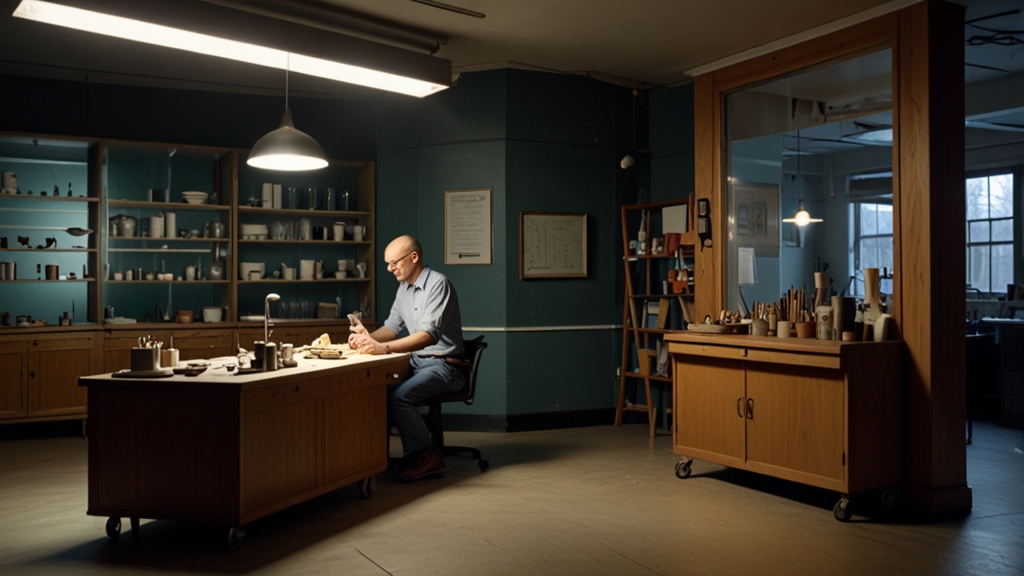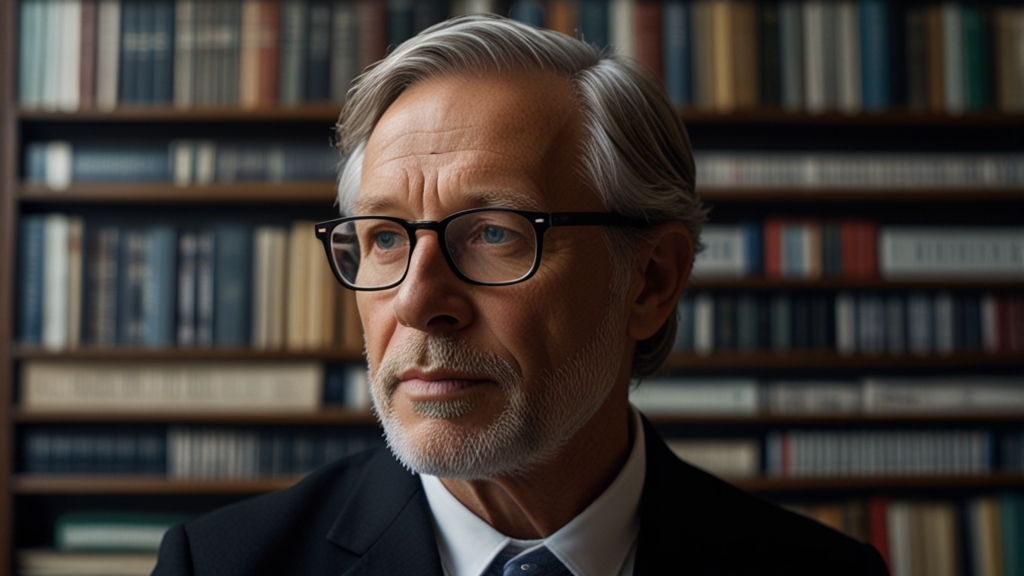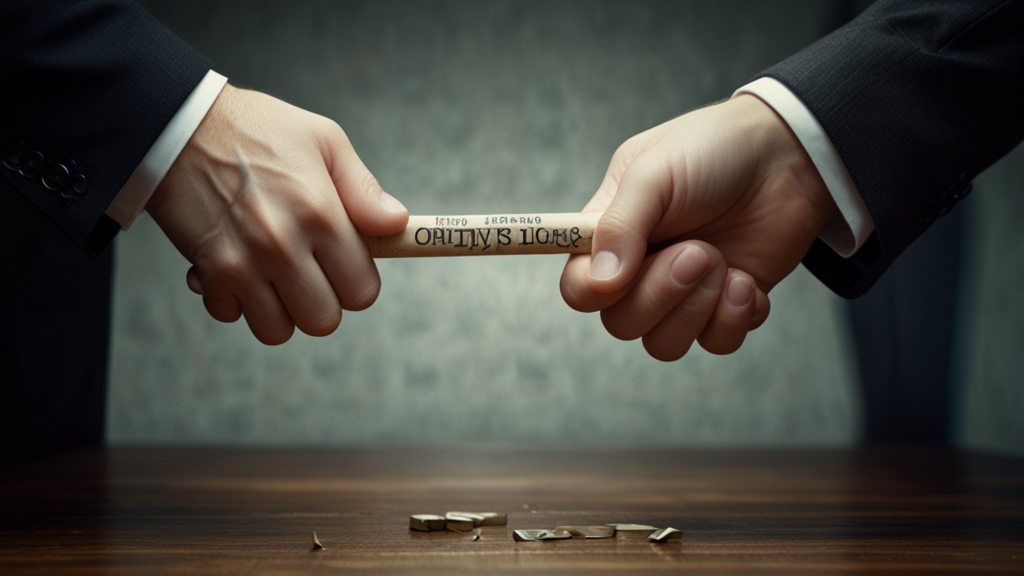The Prophets Who Warned Us: Listen Before It's Too Late
Throughout history, numerous prophets, visionaries, and thought leaders have emerged to deliver urgent messages to humanity. These figures, often regarded with skepticism in their own times, have sought to guide us away from impending catastrophe. Their warnings, if heeded, could have led us towards a more enlightened and sustainable future. As we stand at the precipice of multiple global crises, it is crucial to revisit their messages and understand the timeless wisdom they sought to impart.
Ancient Voices, Modern Relevance
Prophets from antiquity, such as Cassandra of Troy and the biblical prophets Isaiah and Jeremiah, issued warnings about the dire consequences of ignoring moral and ethical guidelines. Cassandra, gifted with foresight but cursed to never be believed, foresaw the fall of Troy yet was dismissed as mad. Similarly, Isaiah and Jeremiah cautioned against societal corruption and the neglect of divine commandments, warning that such behavior would lead to ruin.
"They dress the wound of my people as though it were not serious. 'Peace, peace,' they say, when there is no peace." — Jeremiah 6:14
Their messages highlight the dangers of complacency and moral decay, themes that are strikingly relevant in today’s world. Issues like environmental degradation, political corruption, and social inequality echo the warnings of these ancient prophets, urging us to act before it is too late.
Modern-Day Prophets and Their Warnings
In more recent history, figures such as George Orwell, Rachel Carson, and Martin Luther King Jr. have carried the torch of prophetic warnings. Orwell’s dystopian novel "1984" served as a cautionary tale about the perils of totalitarian regimes and the loss of individual freedoms. Carson's "Silent Spring" was pivotal in raising awareness about environmental conservation and the destructive impact of pesticides.
"The control of nature is a phrase conceived in arrogance, born of the Neanderthal age of biology and the convenience of man." — Rachel Carson, Silent Spring
Martin Luther King Jr.'s speeches and writings warned of the destructive consequences of racial injustice and inequality. His famous "I Have a Dream" speech projected a vision of what could be achieved if society chose love and justice over hatred and division.
"Our lives begin to end the day we become silent about things that matter." — Martin Luther King Jr.
These modern prophets used their platforms to challenge the status quo, urging society to recognize and address the issues at hand. Their warnings are as relevant today as they were during their lifetime, serving as a stark reminder of the work that still needs to be done.
The Urgency of Now
The common thread among these prophets, ancient and modern alike, is the urgent call for societal change. Their messages are not just about predicting doom, but about awakening dormant consciousness and inspiring action. Whether it’s climate change, social injustice, or political tyranny, the choice to heed or ignore these warnings has never been more critical.
In a world increasingly driven by technology and rapid change, we are often disconnected from the insights of the past. Yet, the wisdom of prophets remains a guiding light, urging us to take responsible actions to secure a better future. Their warnings are a form of tough love — a necessary jolt to spur humanity into action before it is too late.
Conclusion
The prophets who warned us were not mere alarmists but visionaries who saw beyond their time. They recognized patterns and consequences that are now unfolding before our eyes. Their messages are a call to action, imploring us to address the critical issues we face today. To heed their warnings is not to dwell in fear but to adopt a proactive stance towards creating a just, sustainable, and harmonious world.
As we stand at this crucial juncture in history, let us listen to the prophets who have warned us. Their ancient wisdom and modern insights are invaluable guides that can help steer humanity away from catastrophe and towards a brighter, more equitable future. The time to act is now — listen before it’s too late.












